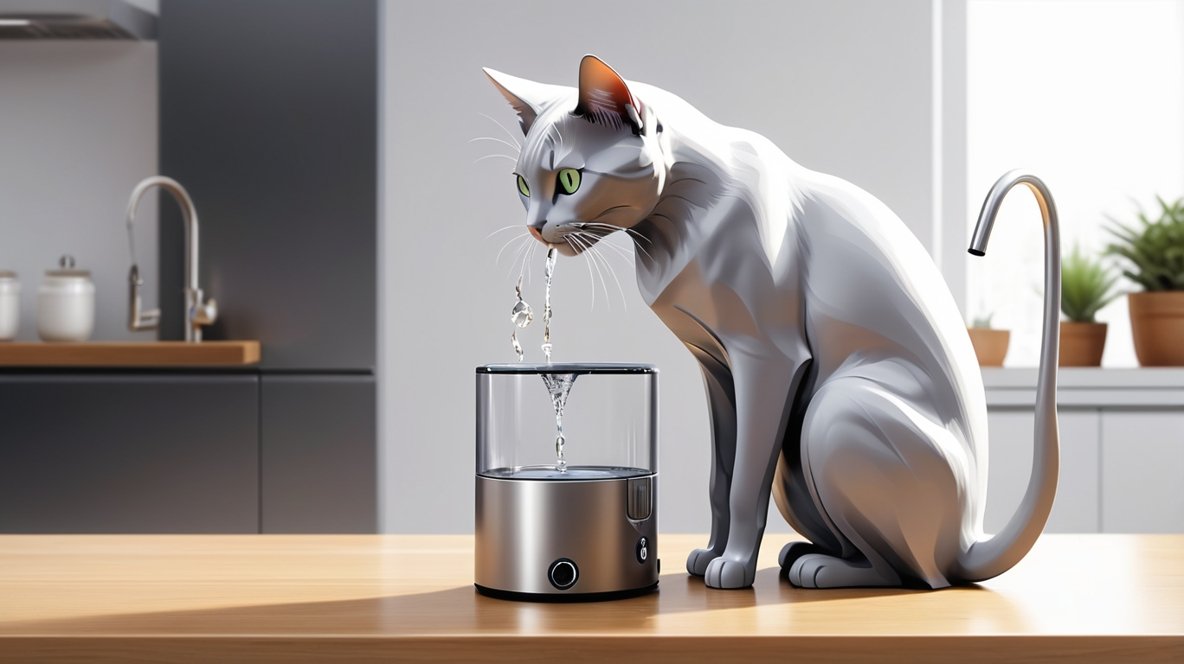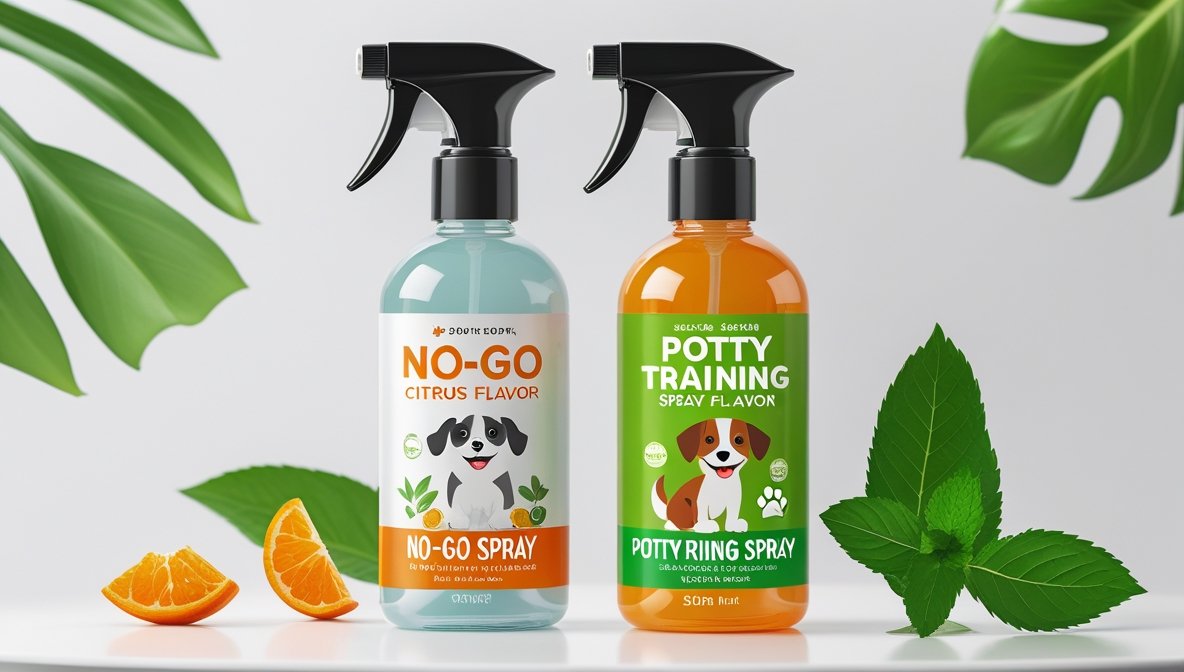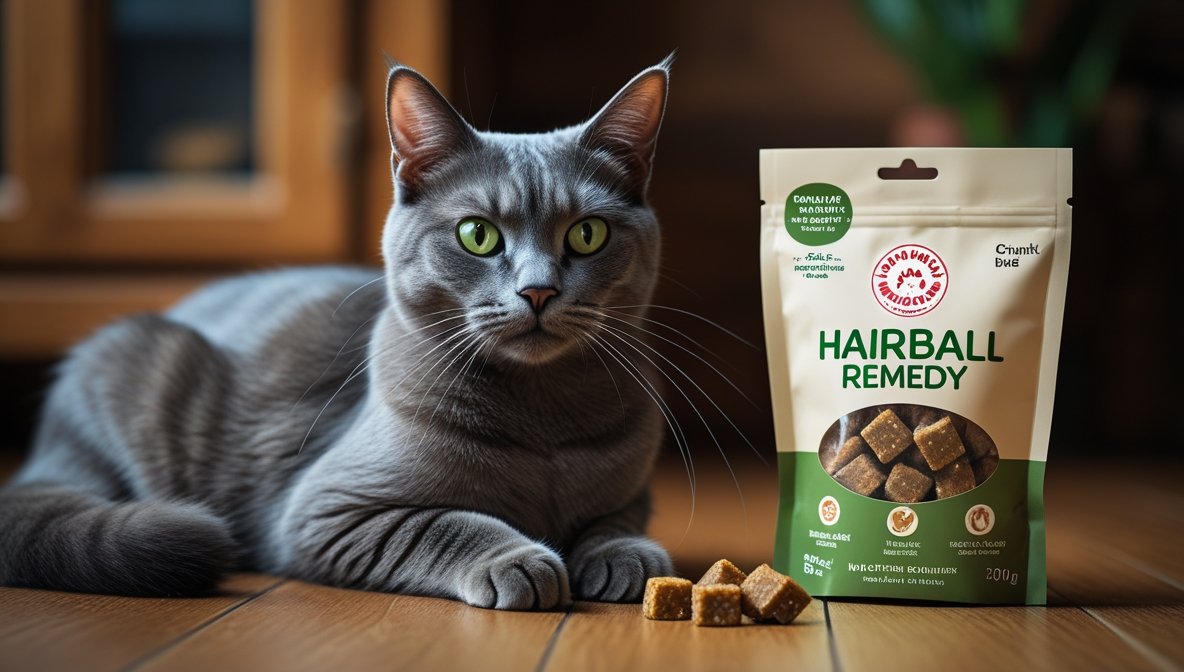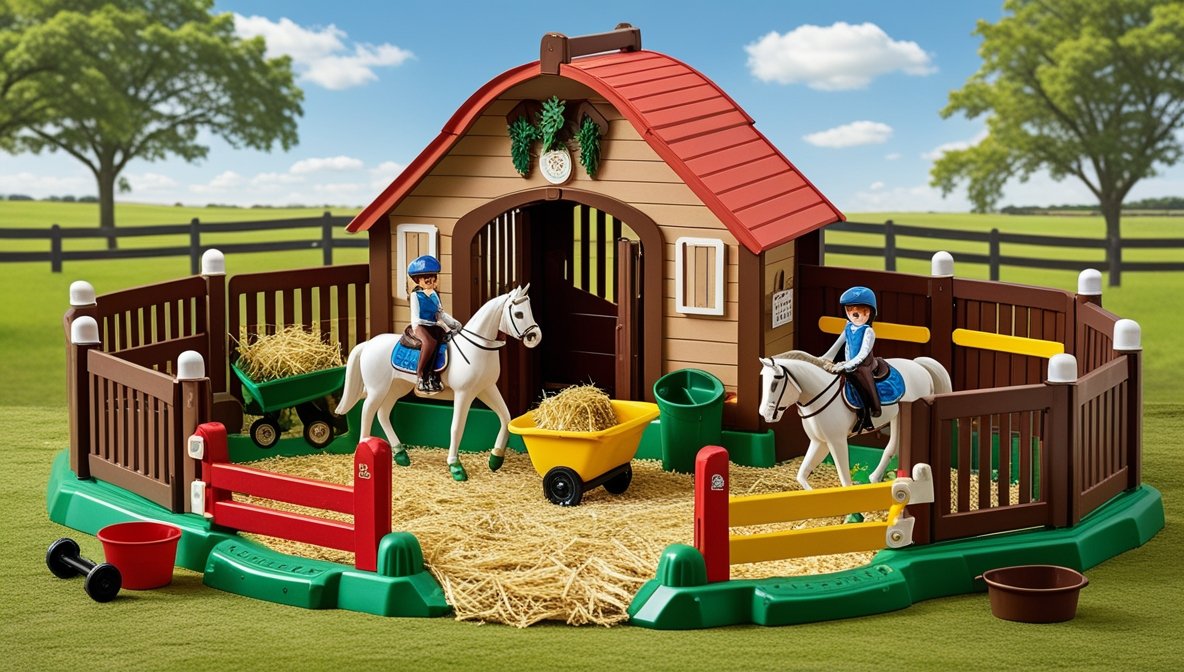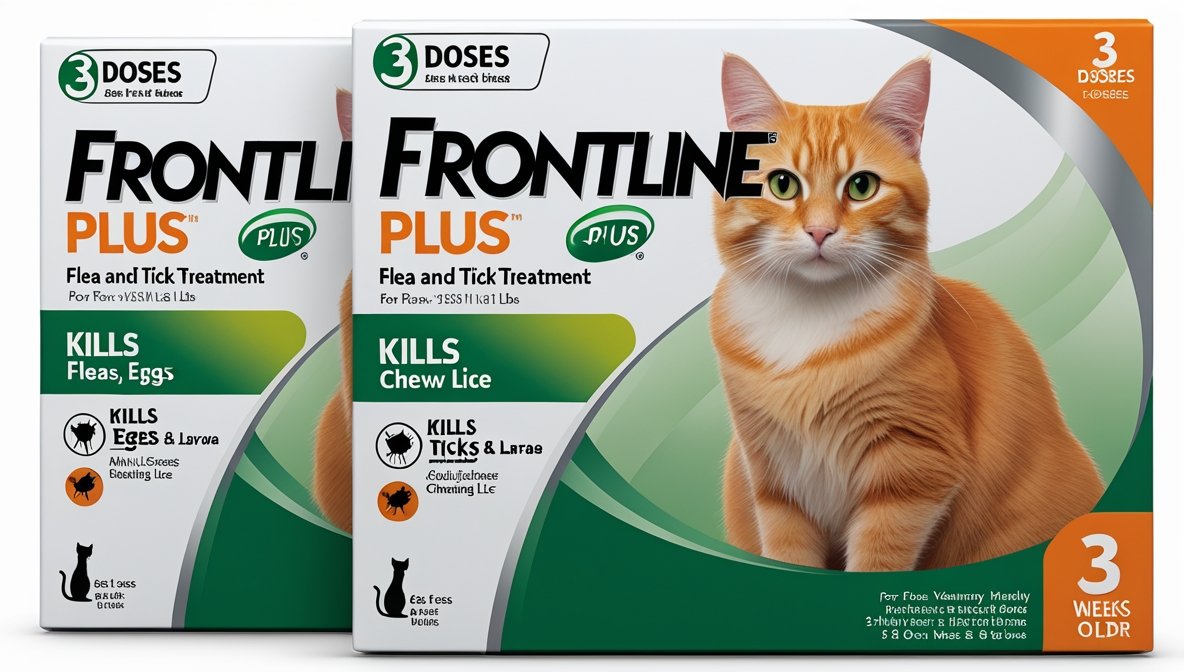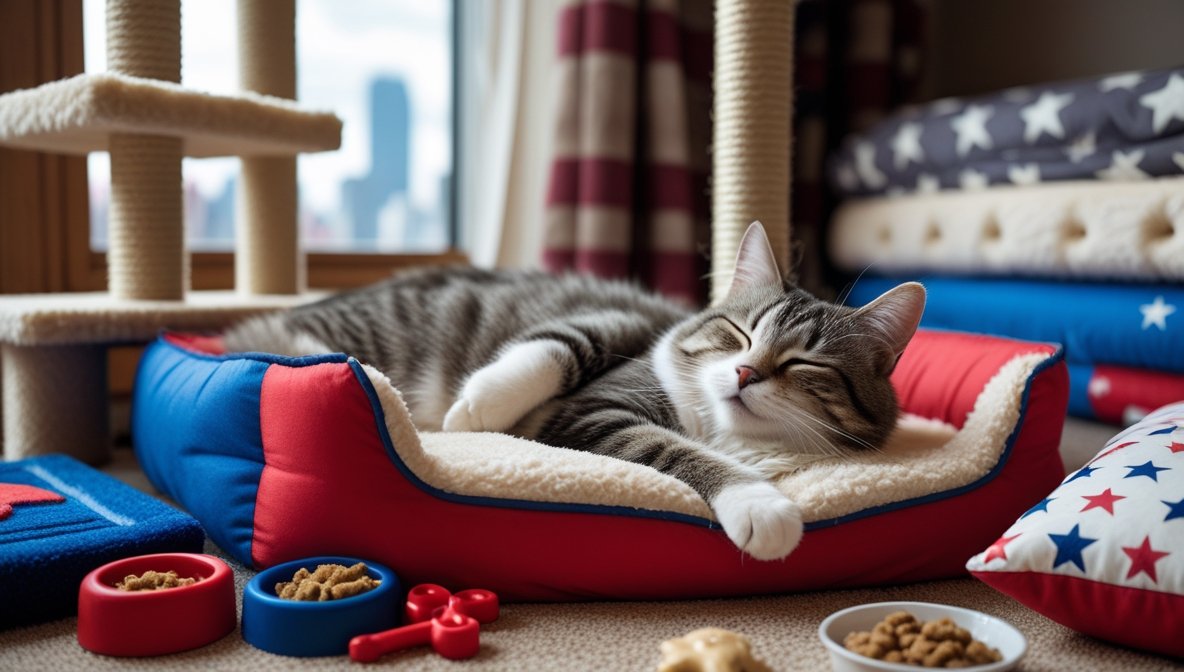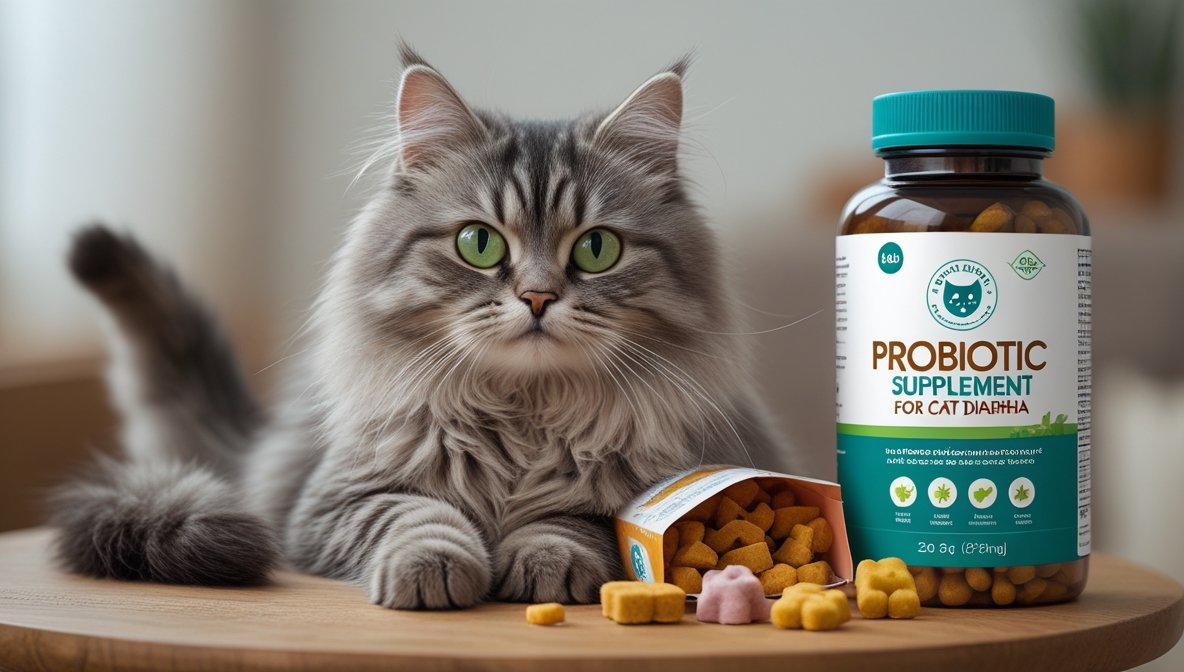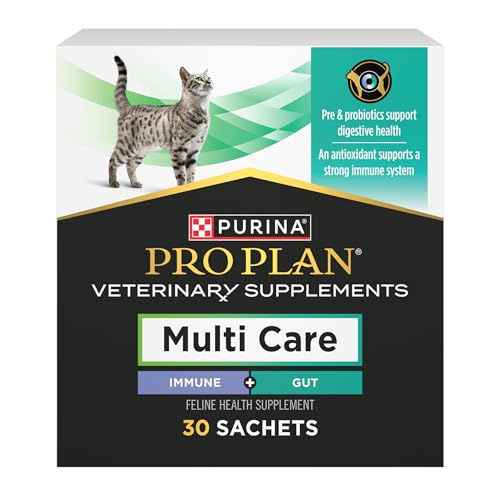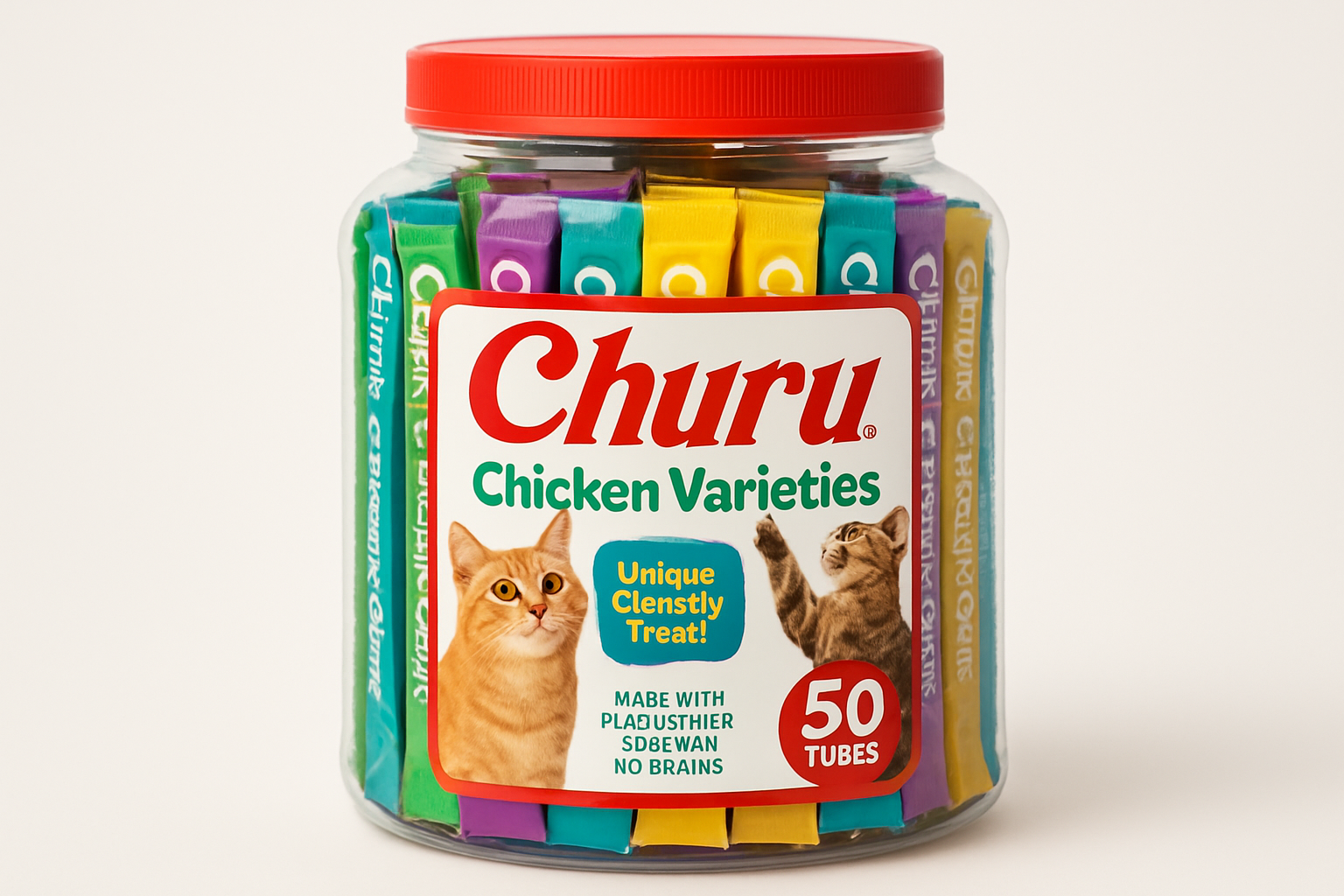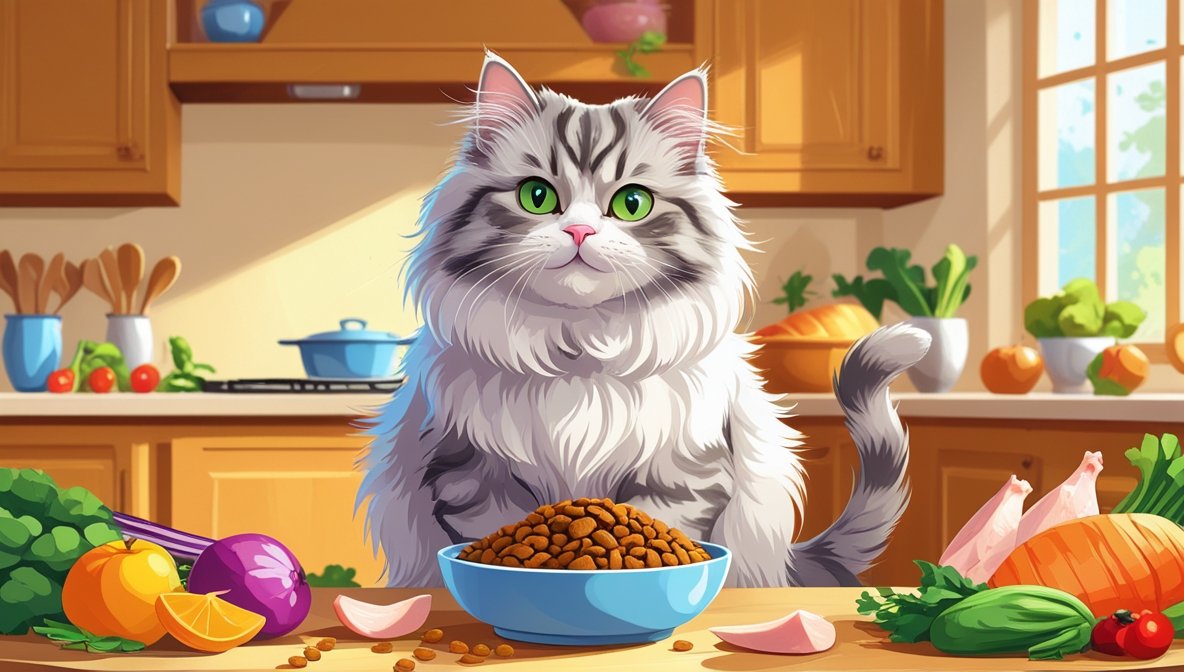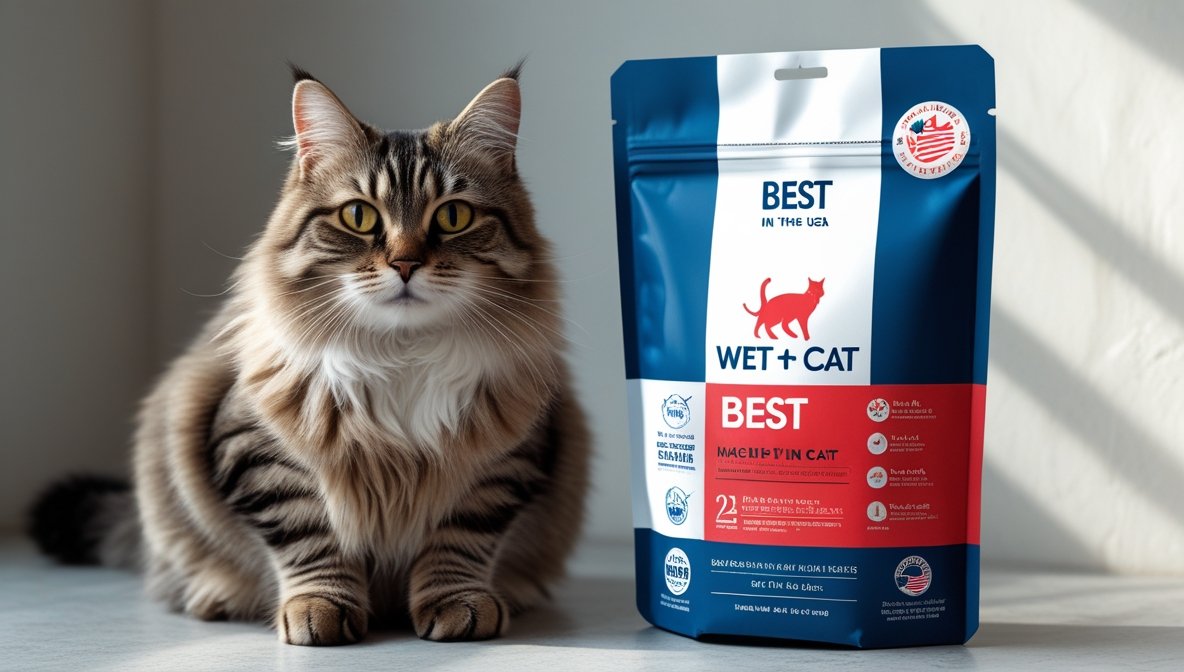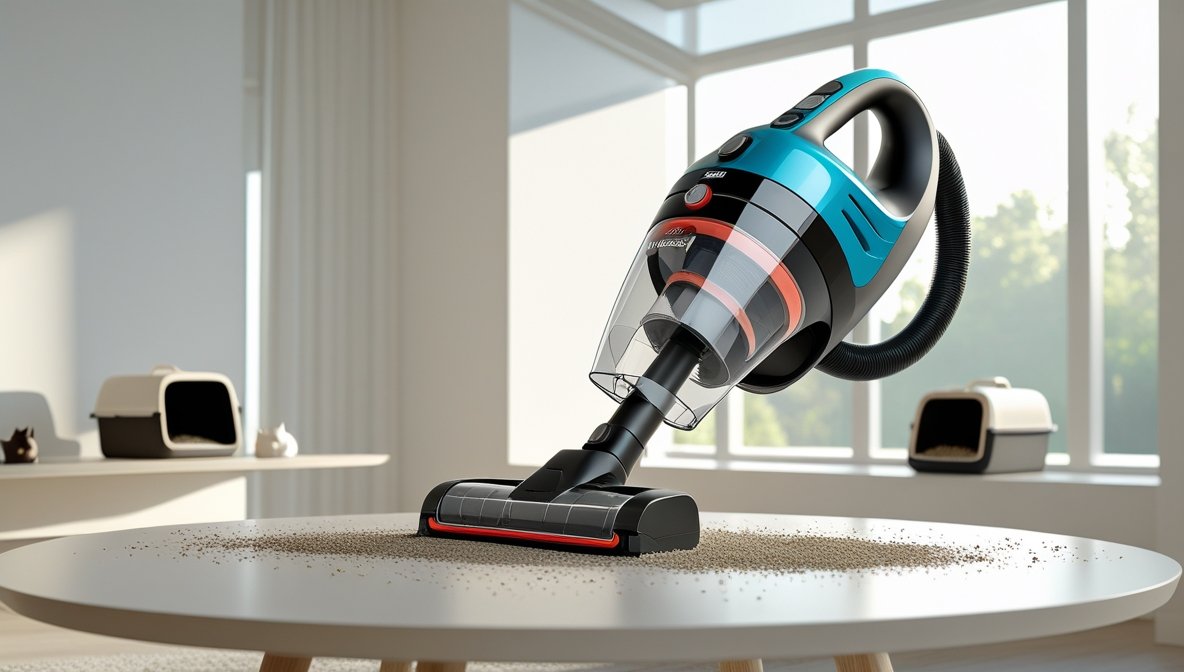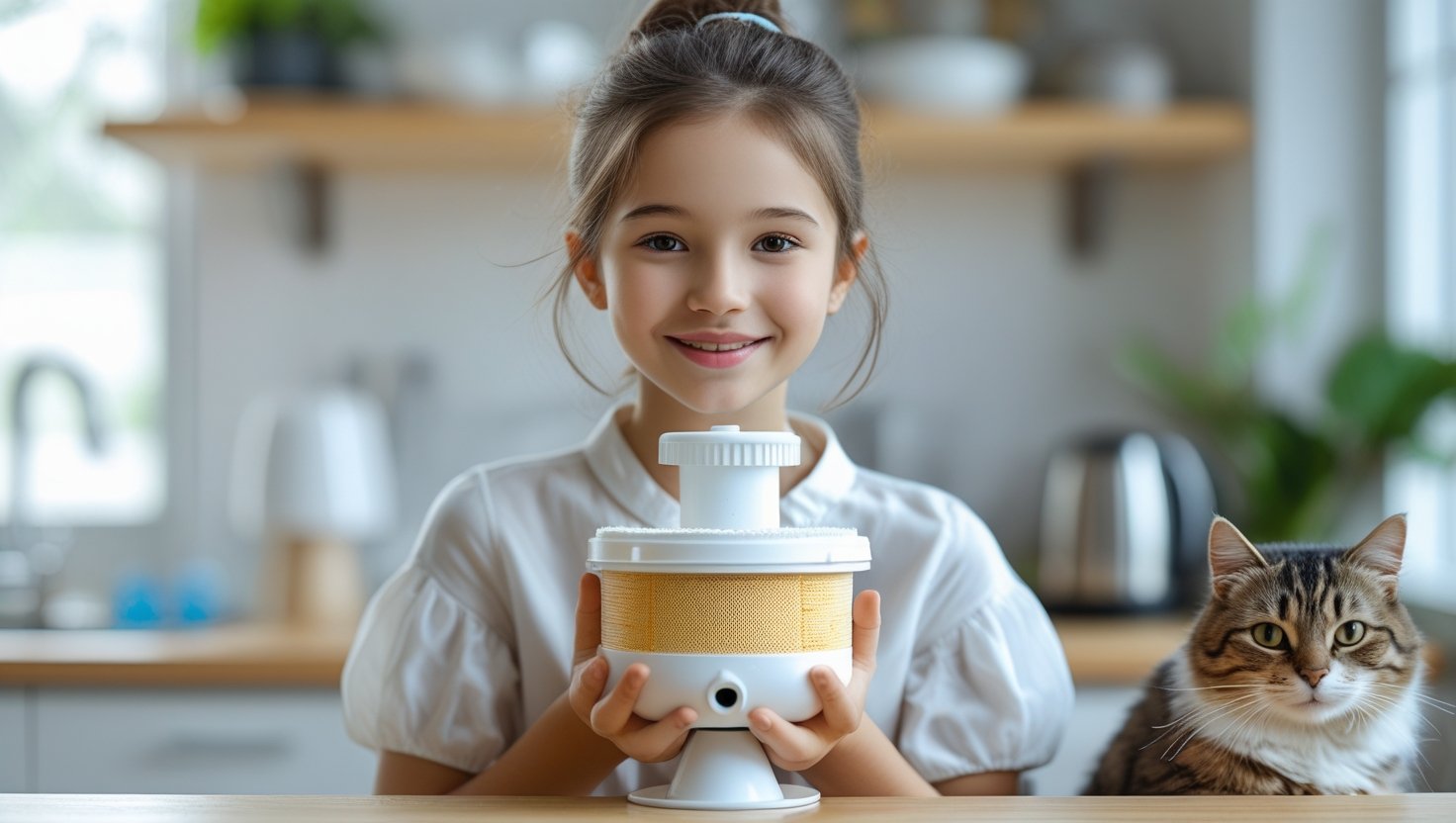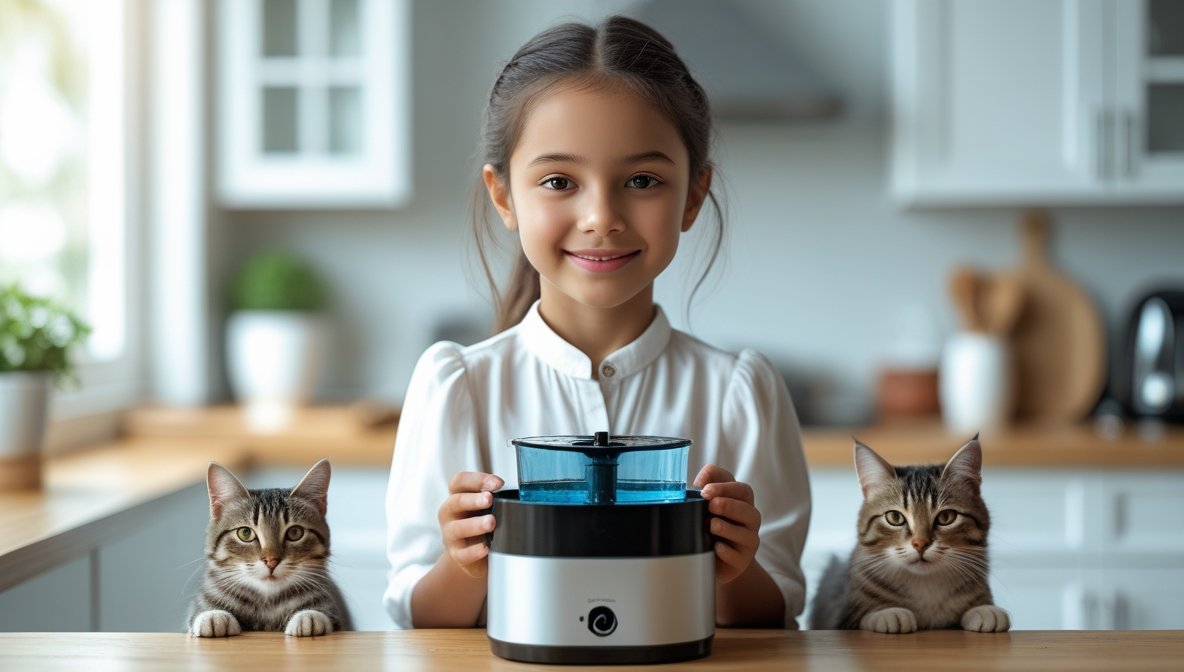Diarrhea is a common digestive issue in cats, and many owners in the USA, Canada, Mexico, and Europe look for the best probiotic supplement for cats with diarrhea to restore gut health. Probiotics are live “good” bacteria that help balance the intestinal microflora, which can firm up stools and support immune health. In fact, vet experts note that an imbalance in the microbiome can cause digestive upset, including diarrhea. With over 73 million U.S. households spending on pet health even during economic slowdown finding effective gut supplements has never been more important best probiotic supplement for cats with diarrhea
Probiotic supplements for cats work by promoting beneficial intestinal flora, aiding digestion, and often easing symptoms like loose stools. Many formulations also support immune function, since a large part of the immune system resides in the gut. For example, Purina’s FortiFlora is marketed as containing “a probiotic proven to promote normal intestinal microflora, supports cats with diarrhea, and promotes a strong immune system.” In the sections below, we’ll cover how probiotics help cats, key supplement choices (with FortiFlora leading the pack), DIY options, dosing guidelines, and frequently asked questions, all optimized for owners in North America and Europe best probiotic supplement for cats with diarrhea.
How Probiotics Help Cats with Diarrhea
Probiotics help re-balance a cat’s gut microbiome after stress, illness, or dietary change. By crowding out harmful bacteria and lowering gut pH, these beneficial bacteria support digestive health and can alleviate diarrhea. Controlled studies show that probiotic supplementation can improve stool consistency and frequency, effectively reducing diarrhea. Probiotics also help the gut recover after antibiotics or illness by encouraging the microbiota to flourish again. In short, a healthy probiotic regimen can firm stools, reduce digestive upset (diarrhea/vomiting), and improve gastrointestinal function.
- Restore Gut Balance: Supplements introduce live cultures (e.g. Lactobacillus, Bifidobacterium, Enterococcus) that replenish the gut’s ecosystem. This helps prevent “bad” bacteria from overgrowing and causing loose stools.
- Number 1 veterinarian-recommended cat probiotic brand to support digestive health (Kantar Veterinary Tracker, 2021), mak…
- Purina Pro Plan Sensitive stomach cat food supplement for the dietary management of kittens and adult cats with cat diar…
- Digestive Care Cat Food supplement containing probiotics proven to promote intestinal health and balance
- Support Immune Health: A strong immune system is tied to gut health. By boosting “good” bacteria, probiotics strengthen immune responses (gut-associated lymphoid tissue), helping cats fight infections and inflammation.
- Ease of Use: Most probiotics for cats come as powders, pills, or treats that are easy to add to food. For example, probiotic powder formulas sprinkle on meals and are well-tolerated even by picky eaters.
Overall, using a quality feline probiotic can turn diarrhea into firm, normal stools and help your cat feel better sooner best probiotic supplement for cats with diarrhea.
Choosing the Right Cat Probiotic Supplement
With many products on the market, picking a cat probiotic powder or supplement requires some care. Here are key factors to consider:
- Veterinarian Recommendation: Choose products that veterinarians trust. Purina FortiFlora, for instance, is the “#1 veterinarian-recommended cat probiotic brand to support digestive health”. Vet-formulated products often have research behind them.
- Live Cultures (CFUs): Look for a high count of live microorganisms (CFUs) per dose. Many effective formulas contain billions of CFUs of strains like Enterococcus faecium, Lactobacillus acidophilus, and Bifidobacterium. Higher CFU supplements (5–10+ billion) tend to act faster.
- Strain Diversity: Multi-strain probiotics can cover more digestive needs. For example, FortiFlora’s key strain is E. faecium SF67 but other blends include multiple bacterial species for broader support. Products by veterinarians often combine strains for enhanced effects.
- Form & Flavor: Powders (sprinkle-on) and capsules are common. Choose a form your cat will accept. FortiFlora powder blends easily into food while some cats prefer soft chew treats or flavored liquids. Soft chews and liquids are convenient but ensure they have guaranteed CFUs.
- Quality and Additives: Avoid unnecessary fillers, dyes, or sugars. Check labels for natural ingredients. For example, some organic brands (like Fera) meet USDA standards. Purity and stability matter – probiotics should guarantee live bacteria through shelf life best probiotic supplement for cats with diarrhea.
- Ease of Administration: Pick an option that fits your routine. Powders (like FortiFlora) and pastes can be mixed with food, whereas chews might be handed as treats. The goal is stress-free feeding so your cat reliably gets the supplement best probiotic supplement for cats with diarrhea.
Consult your veterinarian to match a probiotic to your cat’s condition. They may suggest a high-potency capsule (like Nutramax Proviable) for chronic issues, or a daily powder (like FortiFlora or ReadyBalance) for ongoing support.
Top Probiotic Supplements for Cats with Diarrhea
Purina FortiFlora (Probiotic Powder): Widely recommended by vets, FortiFlora is formulated specifically for cats with diarrhea. It contains a live strain of Enterococcus faecium SF68 proven to stabilize intestinal flora. Key benefits:
- Veterinarian-Recommended: Ranked the #1 cat probiotic for digestive health.
- Dietary Management of Diarrhea: The formula is made for kittens and adult cats with diarrhea. Clinical data support its use for sensitive stomachs best probiotic supplement for cats with diarrhea.
- Immune Support: Includes antioxidants and vitamins to bolster immunity alongside gut health.
- Easy-to-Feed Powder: Each sachet is a tasty powder (cheese-flavored) that sprinkles on food. Proprietary microencapsulation helps most bacteria survive stomach acid best probiotic supplement for cats with diarrhea.
- Kitten Safe: FortiFlora is FDA-approved for kittens and cats of all ages.
Figure: Purina FortiFlora – a #1 vet-recommended probiotic powder for cats with diarrhea (a top pick for digestive health).
Because FortiFlora is made in USA facilities with a proven strain, many owners report improved stool firmness within a few days. No prescription is needed to buy FortiFlora and it’s widely available online (Amazon, Chewy) and in pet stores across USA, Canada, and Europe.
Other High-Quality Cat Probiotics: Aside from FortiFlora, several brands offer excellent cat probiotics:
- Nutramax Proviable-DC (Capsules): A multi-strain probiotic plus prebiotics in capsule form. Each capsule holds ~5 billion CFU and often comes in packets to keep doses fresh. Vets use it for chronic GI issues (including IBD).
- Benebac Plus Gel: A probiotic paste (syringe dispenser) that contains Streptococcus, Lactobacillus, and Enterococcus. It’s great for kittens and cats who need a quick diarrhea fix.
- FullBucket Health Powder: A multi-strain powder (with prebiotics) that can be mixed into any food. Its high CFU count and vet formulation make it popular among owners best probiotic supplement for cats with diarrhea.
- Fera Probiotics (USDA Organic): Contains a broad blend of gut flora strains and meets organic standards. It’s formulated by vets and good for overall gut health.
- ReadyBalance Probiotic (UnderTheWeather Cat): A U.S. brand offering powder and chews with Lactobacillus and Bacillus strains. Clinical phrases note “alleviates issues such as diarrhea”.
- Bark & Whiskers Probiotic Powder: A multi-strain powder designed for daily support. It advertises 14 bacterial strains to maintain colon pH balance best probiotic supplement for cats with diarrhea.
All these have been reviewed by experts or users and often target digestive issues. When choosing, read reviews and vet suggestions. Remember, a probiotic that “works” can vary by cat; sometimes you may need to try 1–2 different formulas under your vet’s guidance best probiotic supplement for cats with diarrhea.
- Number 1 veterinarian-recommended cat probiotic brand to support digestive health (Kantar Veterinary Tracker, 2021), mak…
- Purina Pro Plan Sensitive stomach cat food supplement for the dietary management of kittens and adult cats with cat diar…
- Digestive Care Cat Food supplement containing probiotics proven to promote intestinal health and balance
Homemade Probiotics for Cats
Some owners explore homemade probiotic foods as gentle remedies. While commercial supplements guarantee CFU counts, certain homemade recipes can supply beneficial bacteria naturally. Examples include:
- Coconut Water Kefir: Ferment water kefir grains in coconut water for ~24 hours (no sugar added). The result is a mild, yogurt-like probiotic drink. Start with tiny amounts (¼ teaspoon) mixed in food once a day, and gradually increase to ½–1 tsp twice daily. This helps avoid upset stomach when adjusting.
- Milk Kefir: Use lactose-free goat’s milk or twice-fermented cow’s milk kefir (to reduce lactose) to produce a probiotic-rich drink. Homemade kefir can contain dozens of bacterial strains, but be cautious: Cats are often lactose-intolerant, so letting it ferment fully is crucial. Always strain it well and introduce slowly best probiotic supplement for cats with diarrhea.
- Fermented Honey-Berries: A simple recipe is fermented blueberries with a pinch of honey and water (culture starter). In ~24 hours it yields a sweet, probiotic tonic. While berries aren’t natural cat food, they add antioxidants and Saccharomyces-like yeasts. Give very small amounts as an occasional treat (Cats don’t usually relish fruit, so mix it with a favorite food). The honey adds anti-inflammatory benefits, but use sparingly best probiotic supplement for cats with diarrhea.
Caution: Homemade ferments should contain no added sugars, salts, or toxic foods. Always start with a tiny dose to see how your cat reacts. If diarrhea worsens, stop. Homemade remedies are supplementary; they should not replace veterinary care. Also, note that veterinarians typically recommend probiotic supplements for cats, as these products guarantee specific strains and doses.
Nonetheless, probiotics can be naturally found in yogurt-like substances. According to experts, your cat’s gut already has millions of microorganisms, and adding probiotics helps “the good bacteria fight the bad”. If your cat is healthy but undergoing stress or antibiotics, a small homemade probiotic can be a comfort, though formulas like FortiFlora are proven more reliable best probiotic supplement for cats with diarrhea.
Probiotics for Kittens and IBD
Kittens with Diarrhea: Special care is needed for kittens. Good news: Probiotics are safe for kittens, and can even help weaning or stressed kittens with digestive upset. Purina specifically notes “FortiFlora… appropriate for administration to both kittens and adult cats.”. Another QA on Amazon confirms “FortiFlora has been shown to be safe for kittens and cats.”. For kittens, you might use a gentler dose (e.g. half packet) and gradually increase. Always ensure they drink plenty of fluids if diarrhea persists.
Cats with IBD (Inflammatory Bowel Disease): IBD is a chronic condition requiring veterinary management (diet changes, medications). Probiotics can be an adjunct therapy. Many vets recommend higher-potency or yeast-based probiotics for IBD. For example, the yeast Saccharomyces boulardii is “often used… as a very important tool in resolving diarrhea and healing inflammation in IBD cats.”. FortiFlora (E. faecium) may help general gut balance, but some IBD cats need multi-strain or high-CFU products like Proviable-DC or synbiotic blends. If your cat has IBD, work closely with your vet – they may suggest starting probiotics slowly and adjusting the dose based on response best probiotic supplement for cats with diarrhea.
Can I Give My Cat Probiotics Every Day?
Yes, daily administration of probiotics is generally safe and often recommended for ongoing gut support. As Purina advises, “check the package for dosage and how often you should give them” and follow your vet’s advice. For many products (e.g. FortiFlora), feeding a packet each day to a cat with diarrhea is standard and can be continued for several weeks until stools normalize. In fact, stable gut flora often requires consistent dosing. There are no known long-term side effects in healthy cats – the bacteria transit the gut and die off gradually. The only possible temporary effects might be a bit of gas or soft stool when first introducing probiotics. If that happens, reduce the dose and increase slowly best probiotic supplement for cats with diarrhea.
Probiotic Powder vs. Daily Treats: A powdered supplement (like FortiFlora or FullBucket) can be mixed into daily meals. Others are sold as chewable treats or capsules. Choose whichever your cat accepts. For example, Proviable capsules can be opened and sprinkled on food for daily use.
Always use according to label instructions. Typically, one dose per day is enough. If your cat’s diarrhea is severe or chronic, vets may adjust the frequency or dose higher temporarily. But for maintenance, once-daily is common. Since the American FDA treats disease claims strictly, pet owners usually stick to labeled instructions or vet guidance.
Frequently Asked Questions
- What is the best probiotic supplement for cats with diarrhea?
No single product works for every cat, but many experts agree Purina FortiFlora (cat formula) is among the top choices. It’s specifically formulated for feline diarrhea and vet-recommended. Other effective brands include Nutramax Proviable, which offers high-dose capsules and multi-strain powders like FullBucket or Bark & Whiskers. Always pick a supplement labeled for cats and formulated for gastrointestinal health. - Can I give my cat probiotics every day for diarrhea?
Yes – daily use is typically safe and often needed. Check the product label for dosing. For example, FortiFlora packets are usually given once per day until diarrhea resolves. Long-term daily use can maintain gut balance in sensitive cats. If you’re unsure, ask your veterinarian. They may recommend a maintenance regimen depending on your cat’s health history. - Are homemade probiotics safe and effective for cats?
Homemade ferments (like kefir or fermented berries) can contain beneficial bacteria, but they’re less predictable than commercial products. If you try it, start with very small amounts (¼–½ tsp) of plain kefir or fermented juice mixed in food. Avoid any added sugar, salt, or toxic ingredients. Many vets caution that probiotic supplements with guaranteed CFU counts are more reliable. Homemade options can be a supplement, but they should not replace vet-advice or prescribed diets for sick cats best probiotic supplement for cats with diarrhea. - How quickly will probiotics work to stop diarrhea?
Results vary. Some cats improve within a day or two; others may take 1–2 weeks of consistent dosing. Purina notes that with FortiFlora “we’re looking for improvement within a few days” when treating diarrhea. If you don’t see any improvement in 1–2 weeks, re-evaluate with your vet. Remember to keep your cat hydrated and continue supportive care (bland diet) while probiotics do their work best probiotic supplement for cats with diarrhea. - Can kittens take these probiotics?
Absolutely – most cat probiotics (especially FortiFlora) are safe for kittens. FortiFlora specifically states it is suitable for “kittens and adult cats”. Kitten products with lower doses are also available. Just give a kitten the labeled kitten dose, or half a packet for small kittens, and ensure it’s mixed into food so they consume it. Diarrhea in kittens can be more serious, so if it’s severe or persistent, see a vet immediately. - Will probiotic powder upset my cat’s stomach?
Generally, cat-specific probiotics have minimal side effects. Some cats may briefly have gas or loose stools when first starting a probiotic, but this usually settles quickly. If your cat is very sensitive, start with a lower dose and work up. Do not use human yogurt or supplements; cats need veterinary formulations. In fact, veterinarians advise against yogurt for cats because its bacterial strains aren’t tailored for felines and dairy can worsen diarrhea. Stick to feline probiotic products to avoid stomach upset. - Where can I buy these probiotics?
Probiotics for cats are widely available. In the USA and Canada, you can find FortiFlora and other brands on Amazon, Chewy, or at pet stores like PetSmart and Petco. In Mexico, many online retailers import FortiFlora and similar supplements. European pet owners can check local pet shops or Amazon Europe (FortiFlora is sold in many EU countries). Always ensure you’re buying from a reputable seller (check reviews) and that the product is intended for cats best probiotic supplement for cats with diarrhea. - What’s the difference between probiotic chews and powders?
It’s mostly about administration. Powders (like FortiFlora) are mixed into food and avoid the risk of a cat spit-out; they often contain very high CFU counts in each packet. Chews or soft treats are convenient if your cat loves treats, but be sure your cat eats the full dose. Chewable supplements often have fewer CFUs per piece. Liquids or gels (e.g., Benebac) can be useful for picky eaters or sick cats. Choose the form that best fits your cat’s preferences and your dosing routine.
Summary and Next Steps
Finding the best probiotic supplement for cats with diarrhea can make a big difference in your cat’s recovery and comfort. Products like Purina FortiFlora are specifically formulated for this purpose and carry veterinary endorsements. Other quality options (Proviable, FullBucket, etc.) are also available if FortiFlora isn’t right for your cat. Remember to introduce any new probiotic slowly, follow dosage instructions and consult your veterinarian for persistent or severe cases best probiotic supplement for cats with diarrhea.
Healthy gut flora not only settles diarrhea but can contribute to overall well-being – from improved digestion to stronger immunity. Whether you choose a vet-formulated powder, an easy chew, or a carefully-made homemade kefir, your goal is a stable intestinal balance. Monitor your cat’s stool and appetite, and adjust as needed. If your cat’s diarrhea persists over 24–48 hours, or if other symptoms appear, see a vet promptly.
Share your experience: If this guide helped you choose a probiotic for your cat, please share this article with fellow pet owners. Have questions or tips about using probiotics for cats? Feel free to comment below – your insights could help others keep their feline friends healthy!
Sources: Authoritative pet health resources and product details were used to compile this guide ensuring the information is current and reliable.

